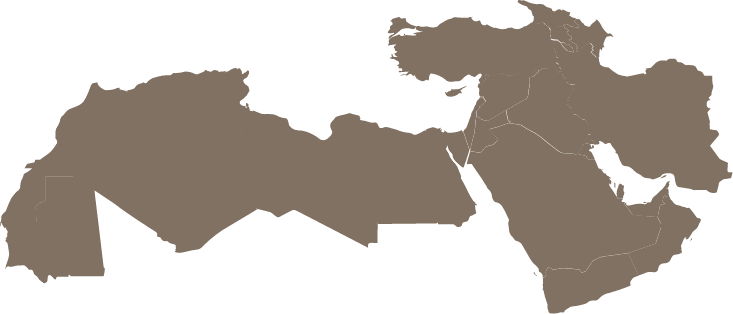Dear Friends,
Greetings of love and peace from Rabat, Morocco.
Our last full day of the formal assembly before we climb in a bus tomorrow morning for a four-hour trip to Fez, began with prayers and then presentations by two remarkable URI leaders – Karimah Stauch, URI Europe Regional Coordinator and Matthew Youde, who leads the global dimension of URI’s Young Leaders Program.
Karimah’s topic was: Islamaphobia in Germany and Europe – How does it impact integration and what do we do on the interfaith level? Karimah began by documenting a disturbing rise of Islamaphobia and right wing political parties that vilify Muslims and other immigrants. She cited frequent anti-Islam slogans that are increasingly part of political campaigns, and a portrayal of Muslim in the Media as being terrorists, suppressing women and being unable to deal with democracy. A recent poll showed that 80% of Germans believe that Islam doesn’t fit with German culture. Also, unlike Christianity, Islam isn’t recognized by the state and so Muslim communities don’t have the same sort of access to government funding as do Christian communities.
In the face of these realities, which are reflected all over Germany, Karimah saw interfaith work as being of extraordinary importance as it creates the possibility for people of different faiths to have face-to-face engagement and come to know each other as human beings rather than as negative stereotypes. Interfaith engagement should be holistic in its approach, recognizing that some will be more attracted to engagement with social/political issues, others with creative workshops that might explore spirituality at a greater depth, others focusing on music and the arts, and others focusing on service projects. This sort of programming can contribute a great deal to building immigrant integration and social cohesion.
In the conversation sparked by Karimah’s presentation, one person put forward the concept of Islamatopia as an antidote to Islamaphobia. Islamatopia would focus on presenting the positive experience of Islam, with an aim of refocusing the public dialogue and media presentation away from negative stereotyping toward pictures of Islam and Muslims that would create openings for more positive engagement of Muslims with the majority population and ultimately lead to greater integration.
I wrote the above much earlier today. It’s late now and we are to be in the hotel lobby at 6 AM to leave for Fez, so I’ll only provide the briefest of overviews of the rest of the day:
Following Karimah’s presentation, Matthew and several youth ambassadors highlighted the impressive training they’ve just participated in and several projects in the works, planned by the young leaders.
Following a break, Elad Vazana led a powerful and participatory workshop on how to convert imagined enemies into friends through sharing life stories. Elad, an Israeli Jew of Moroccan descent, did a masterful job of creating a safe space for people to share stories in ways that created openings where before only walls might have existed.
After lunch, Mamoun Khreisat led the group in a brainstorming exercise to come up with proposal for how to minimize immigrant disintegration and maximize integration. The group produced a great deal of raw material that will be refined into a document to be presented to the Anna Lindh Foundation.
We raced out of this session and climbed onto buses to head back into Rabat and a reception in our honor at the National Library. After tea, coffee and delicious treats, we were blessed by a presentation by Abdelati Lahlou, Associate Director. In many ways, Dr. Lahlou, who is an archeologist, stressed Morocco’s history as an open and pluralistic society that values religious and cultural diversity. Toward the end of his remarks, he pointed out that the new constitution proposed by the King of Morocco, which will be voted on in a referendum in a week, includes an acknowledgment that the language of Indigenous Moroccans will be an official language of Morocco!
Quite a day!
rles
